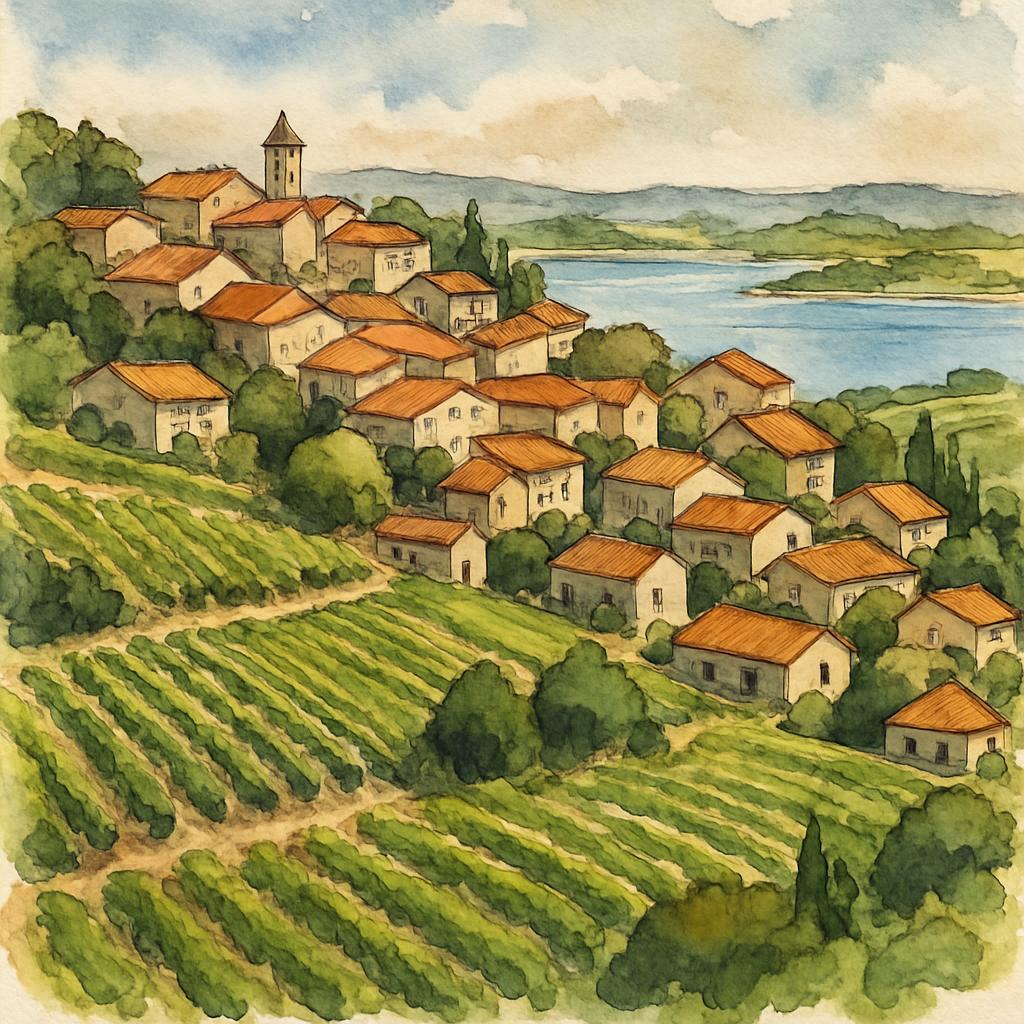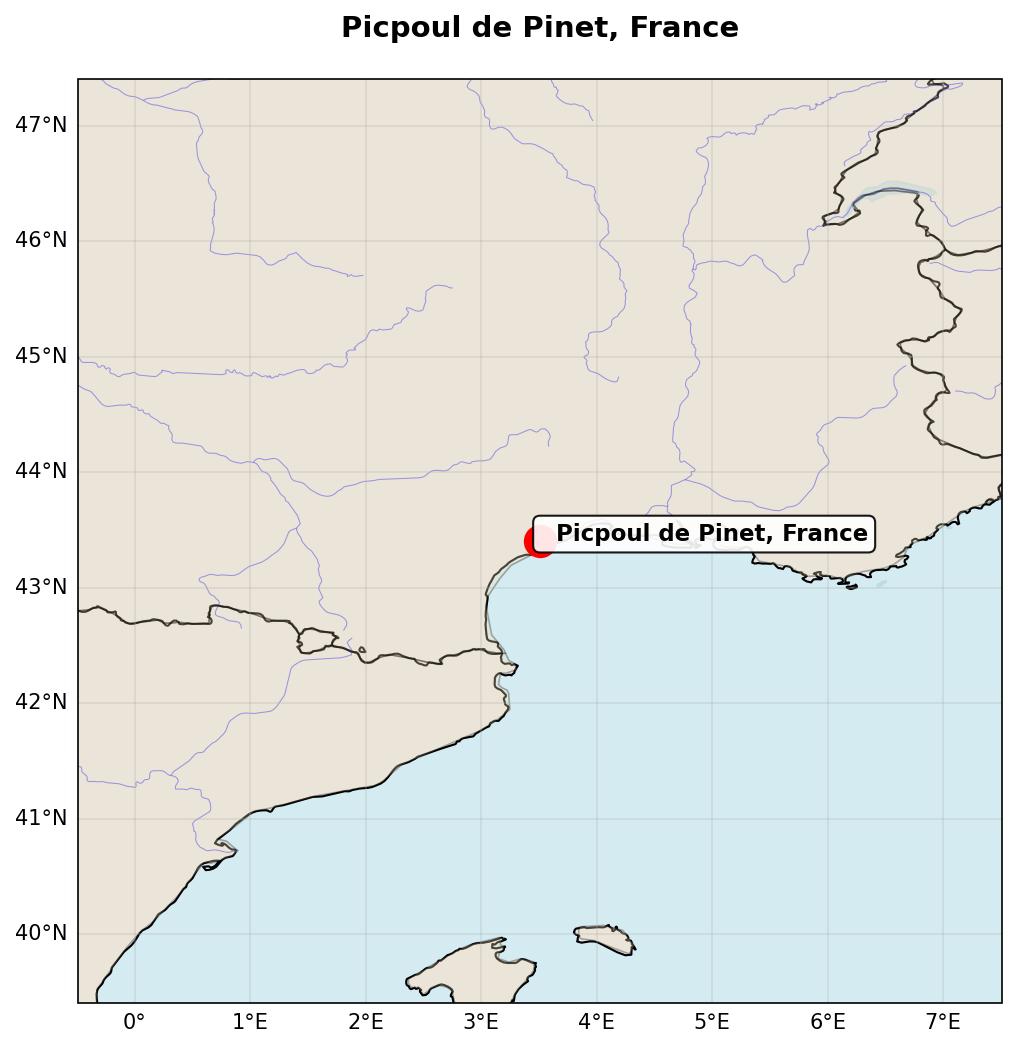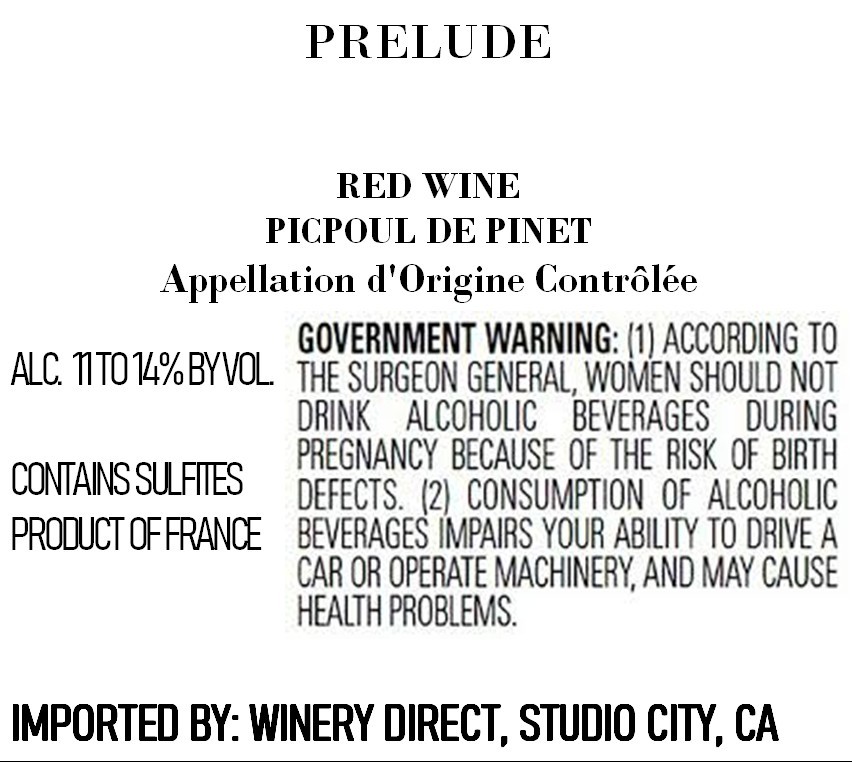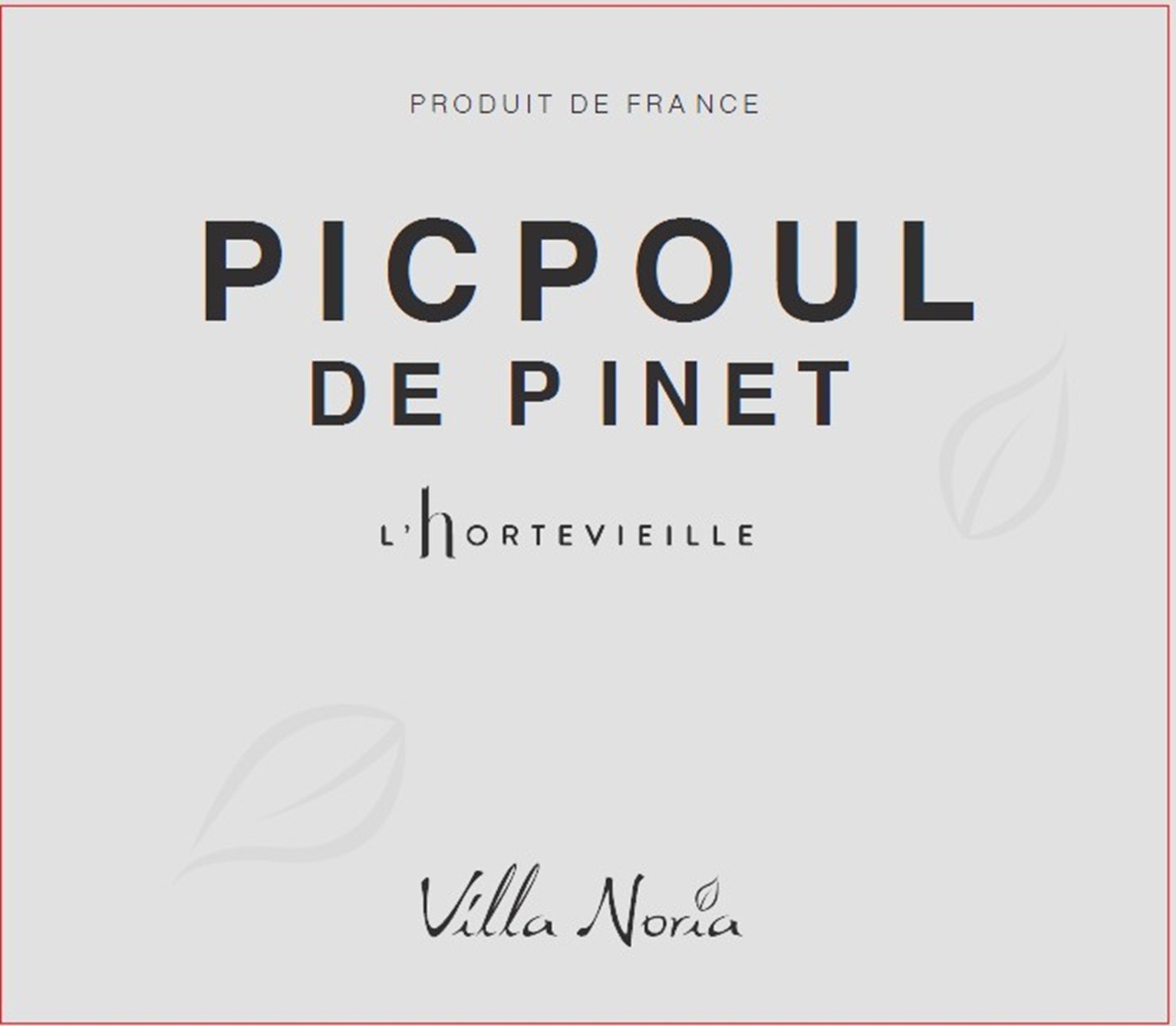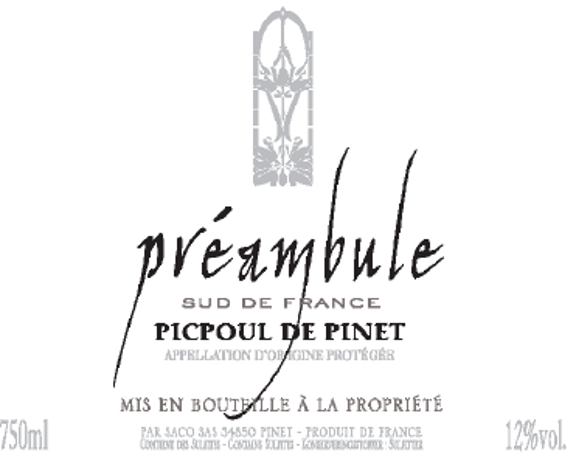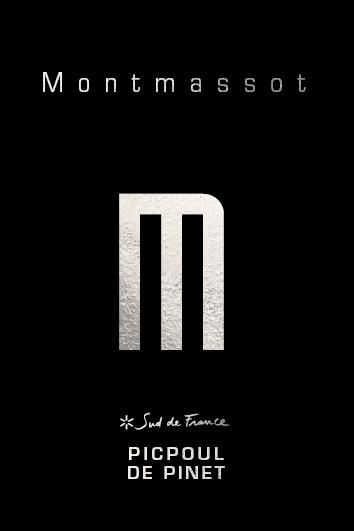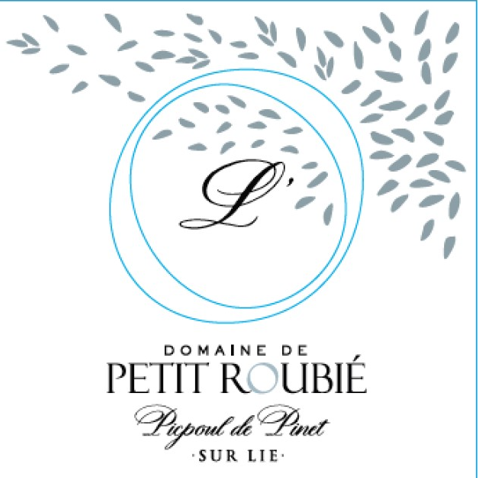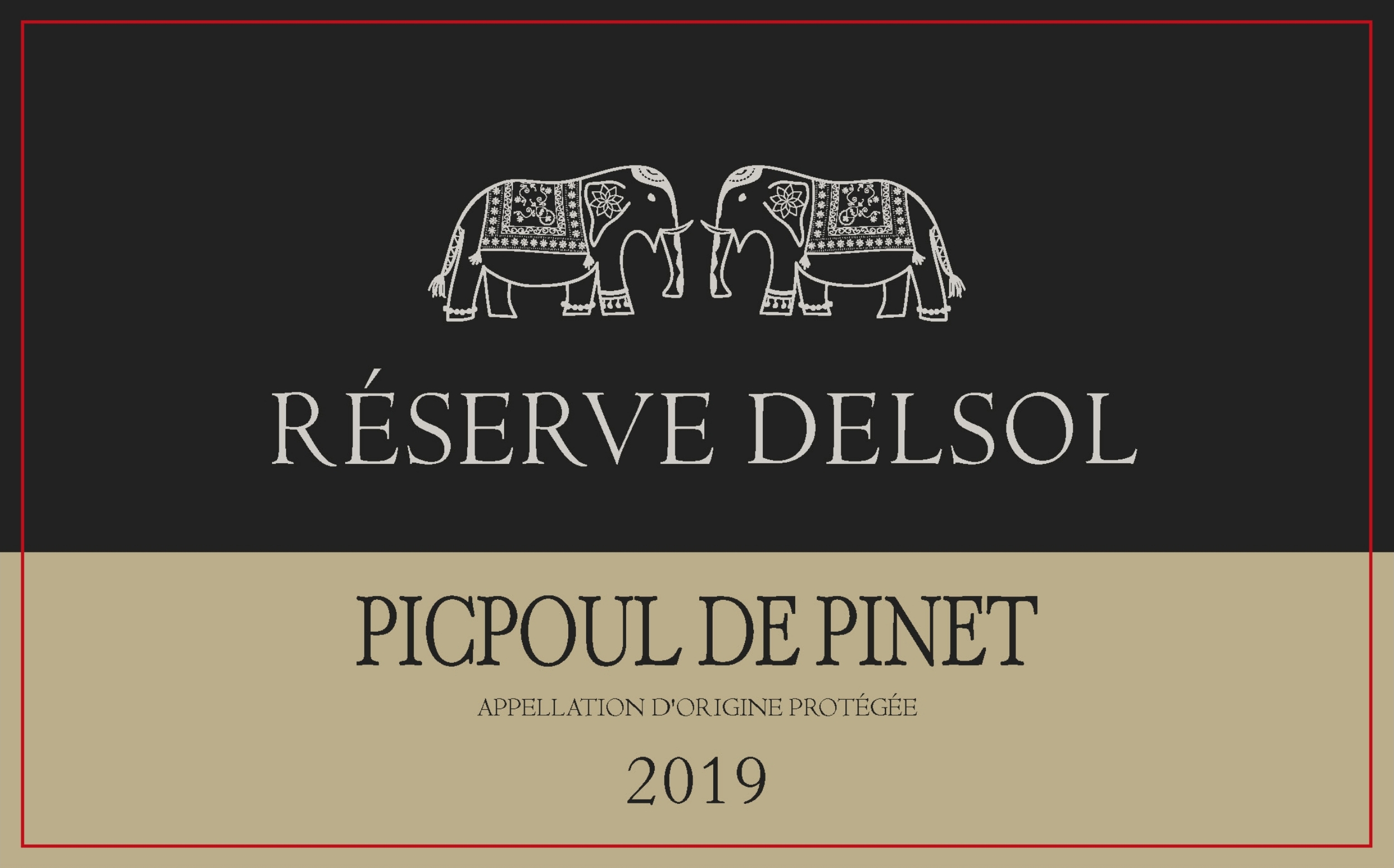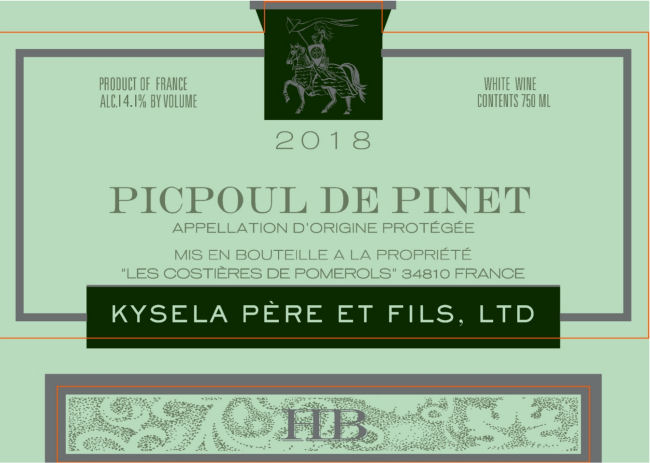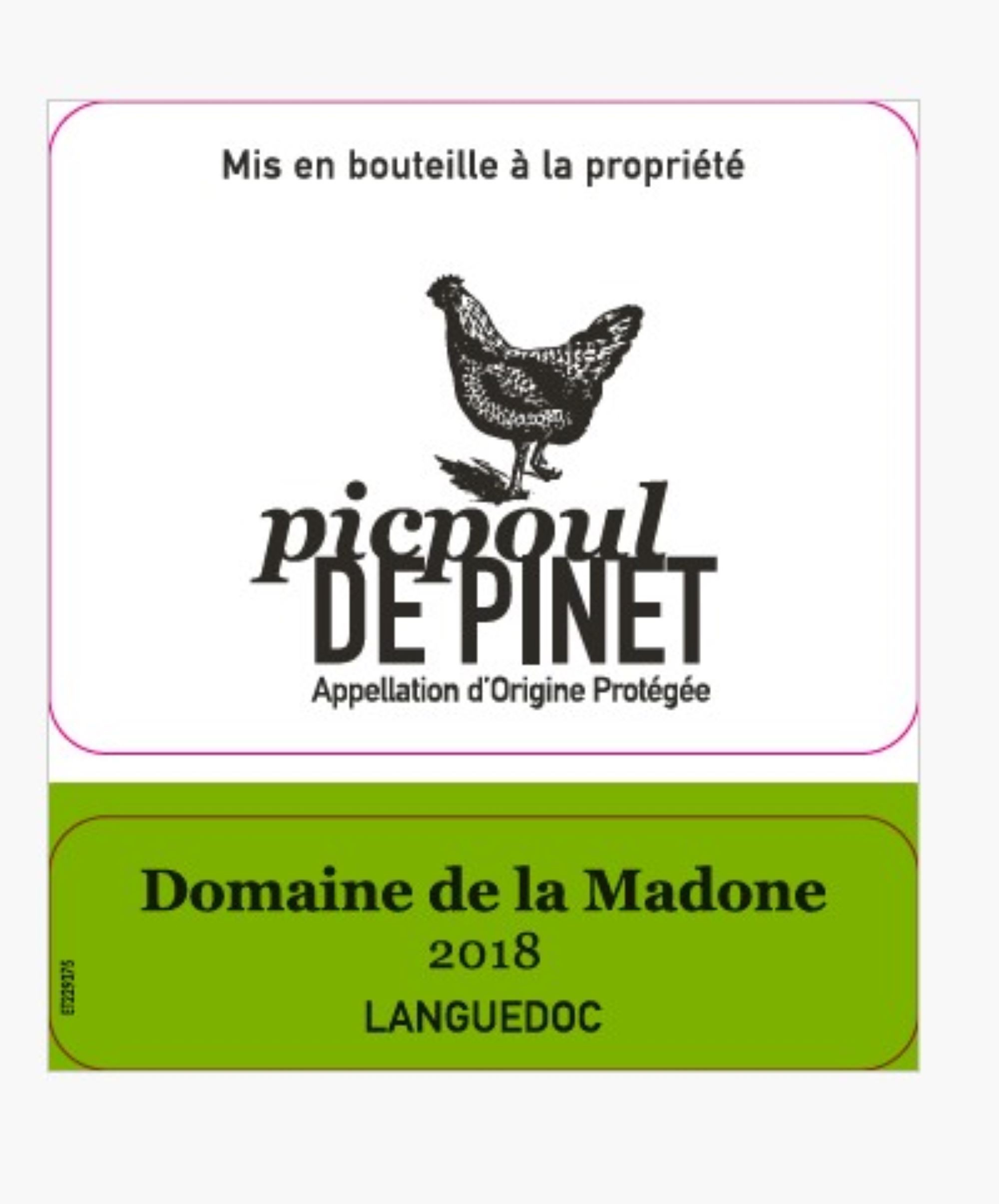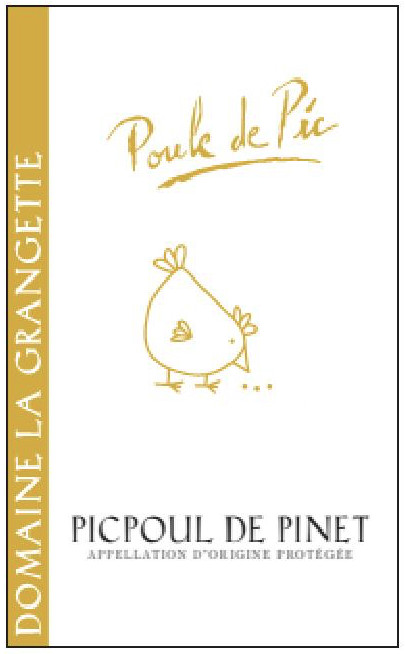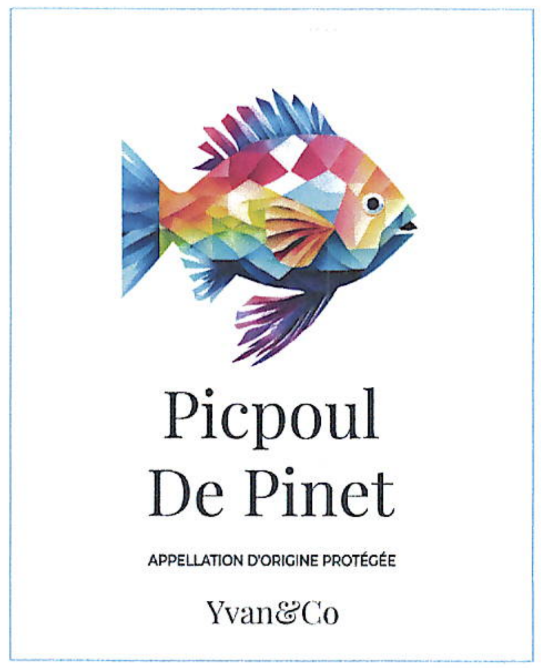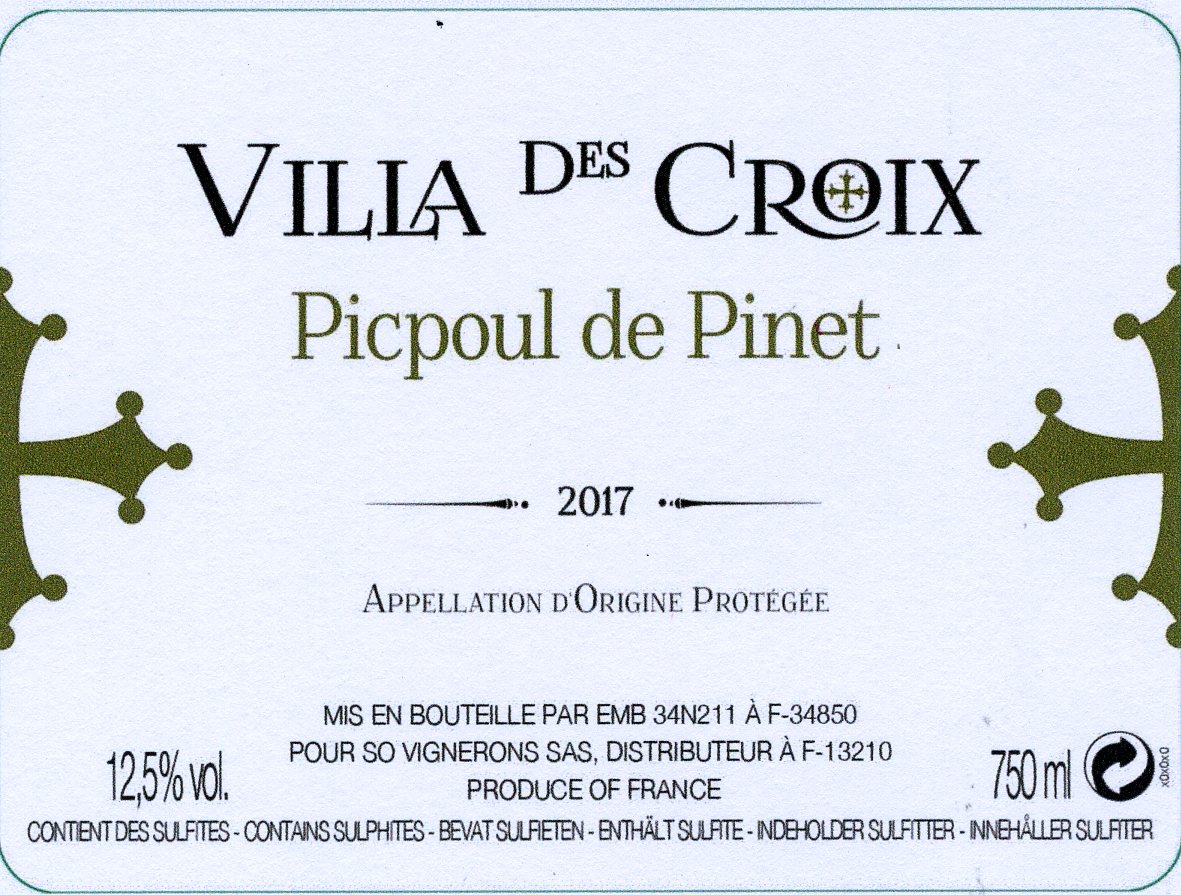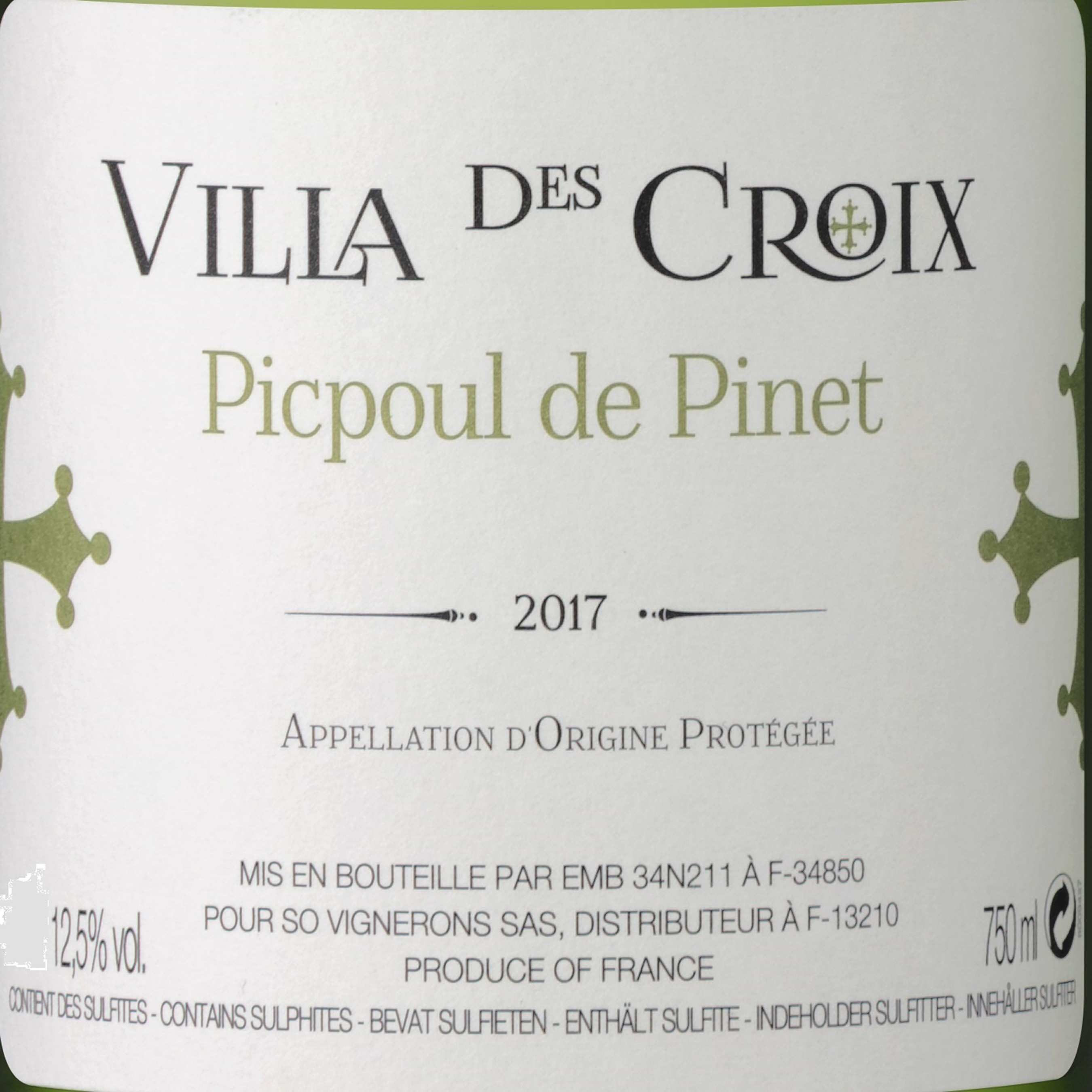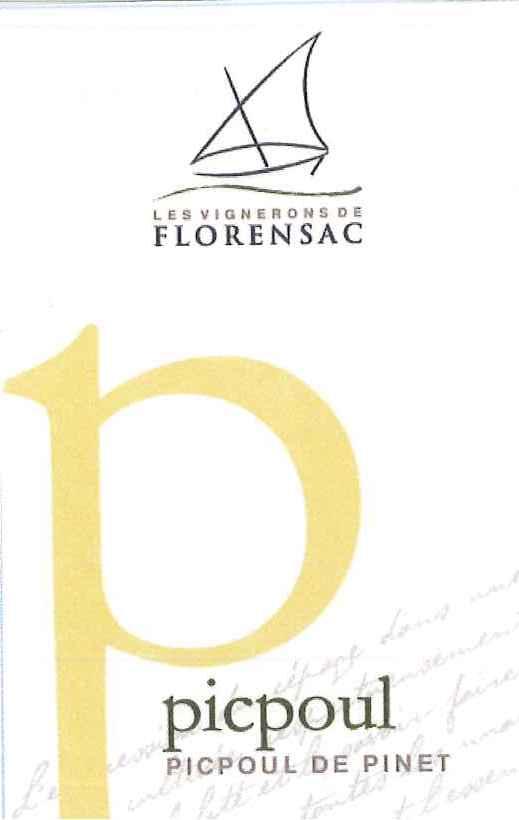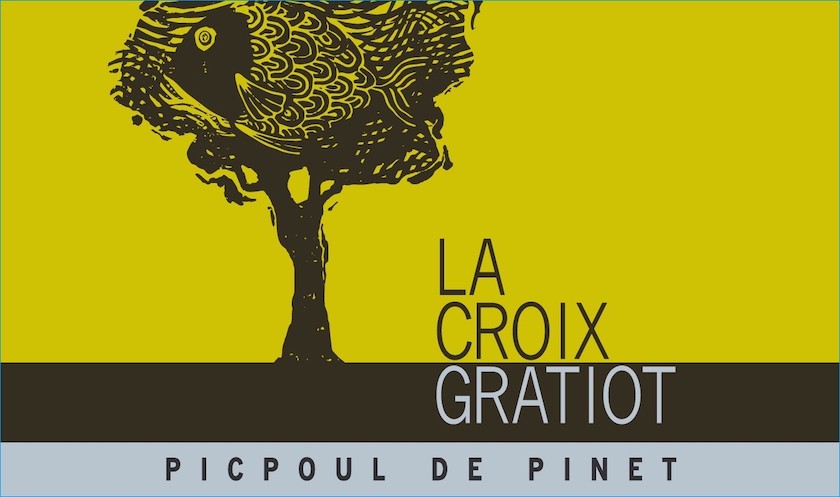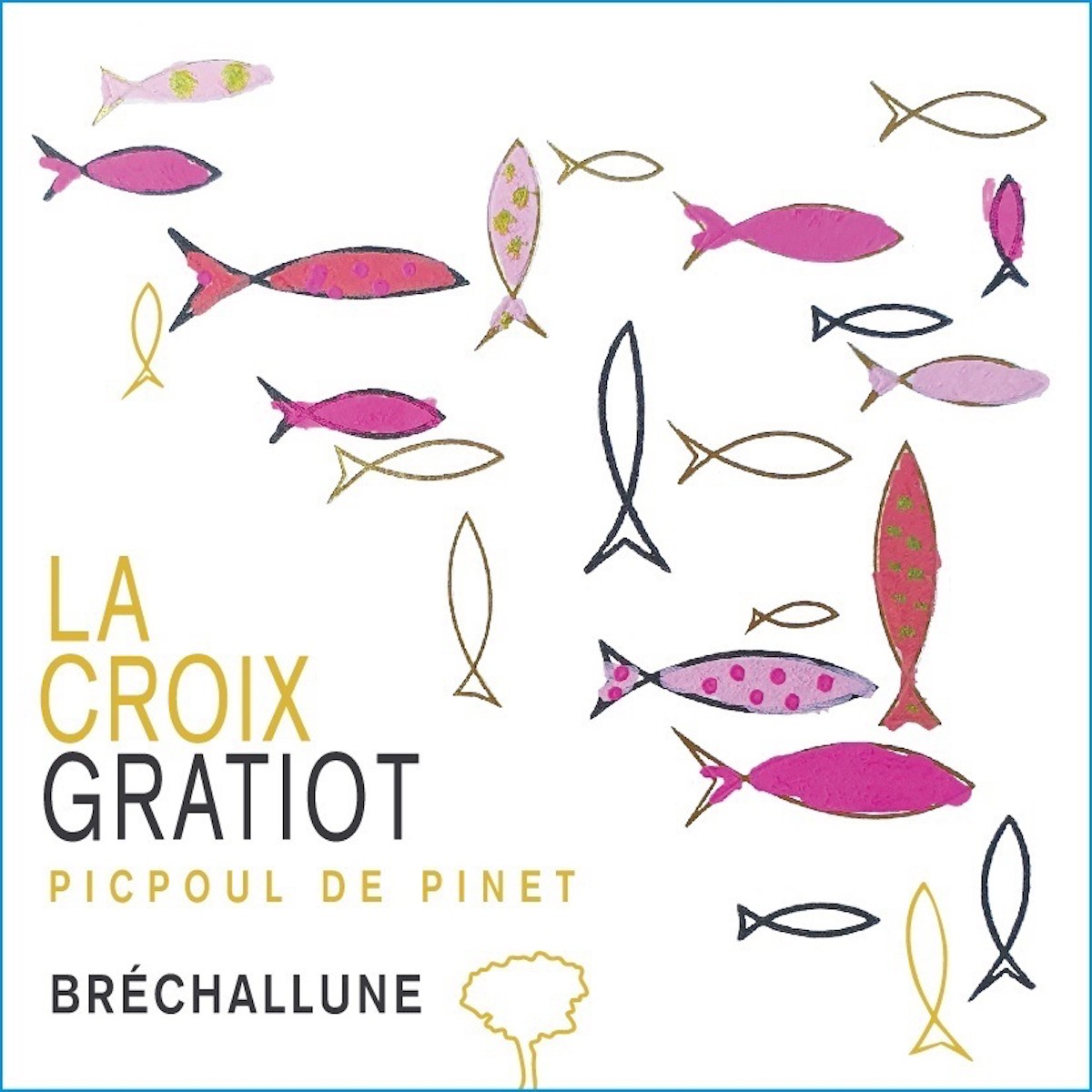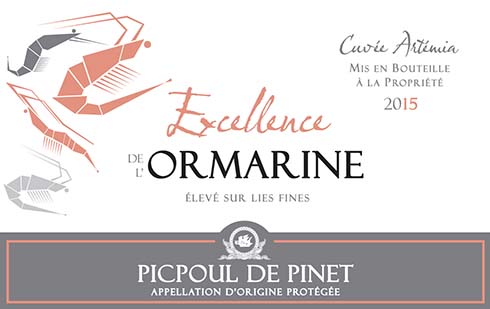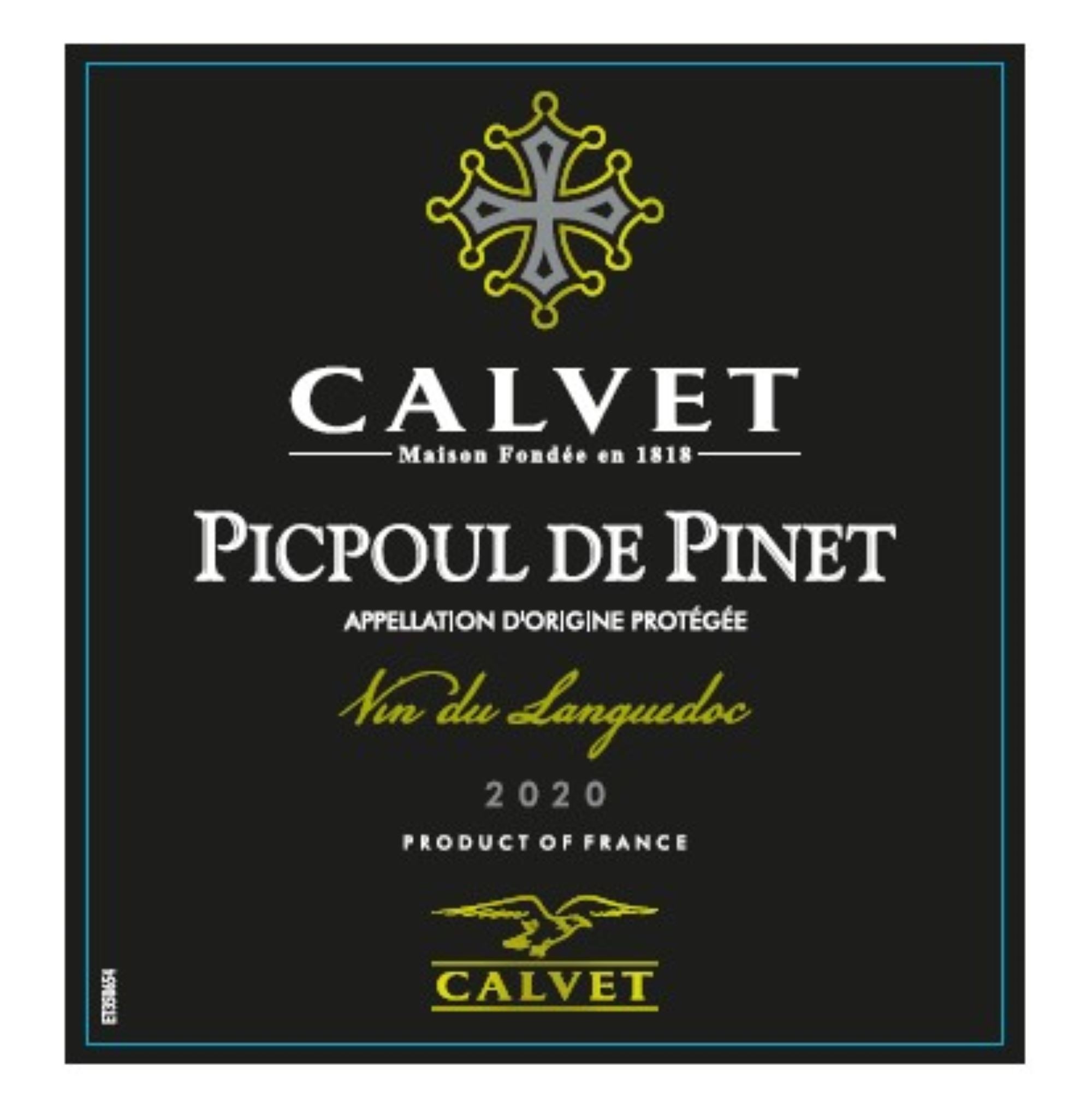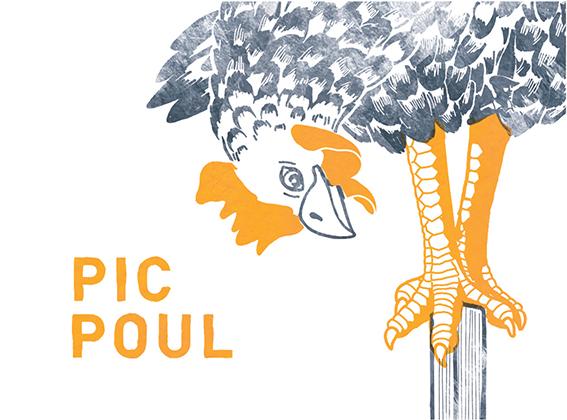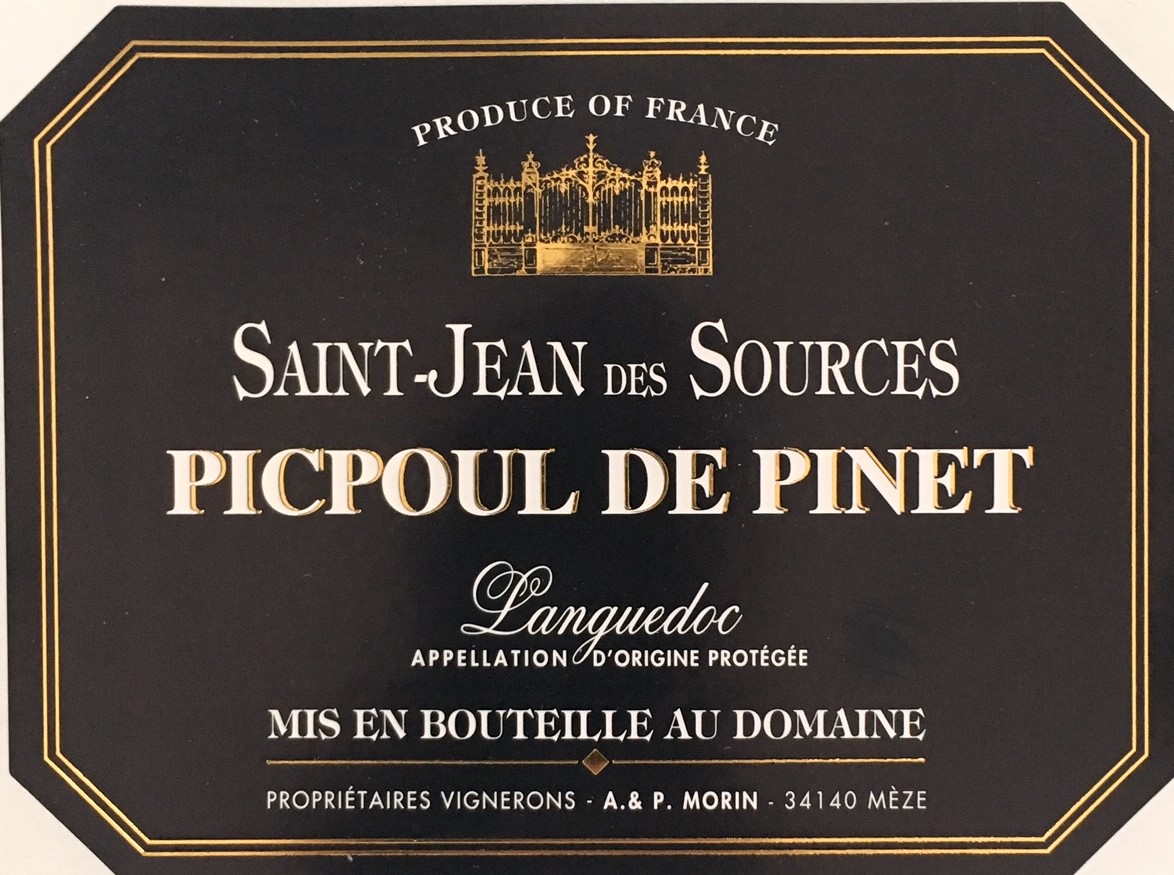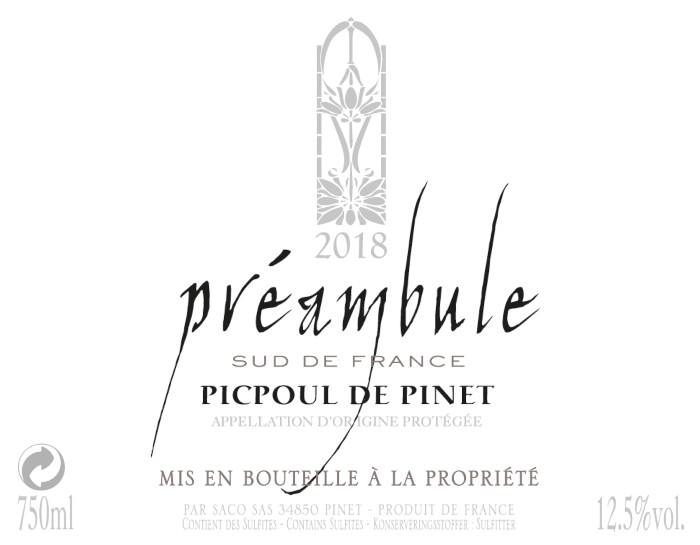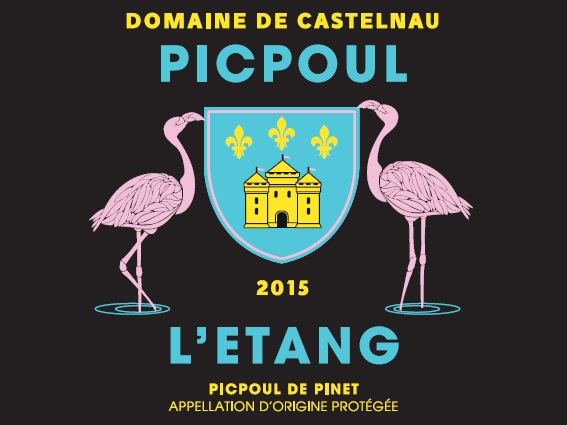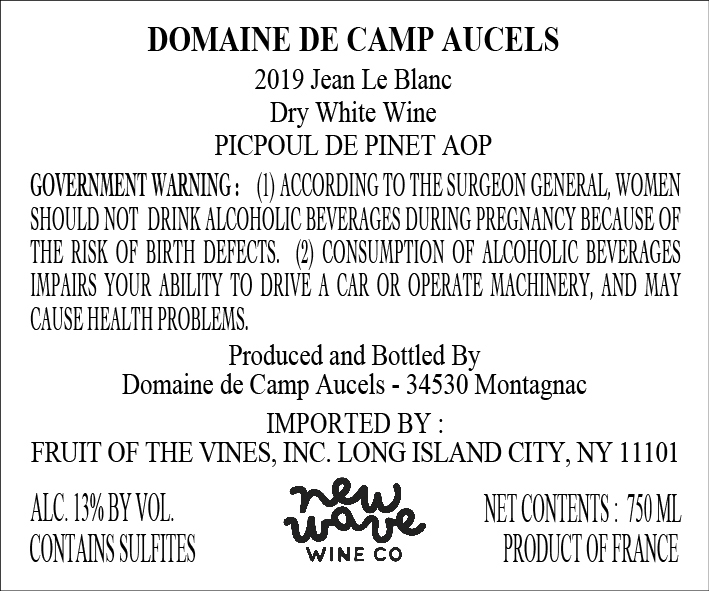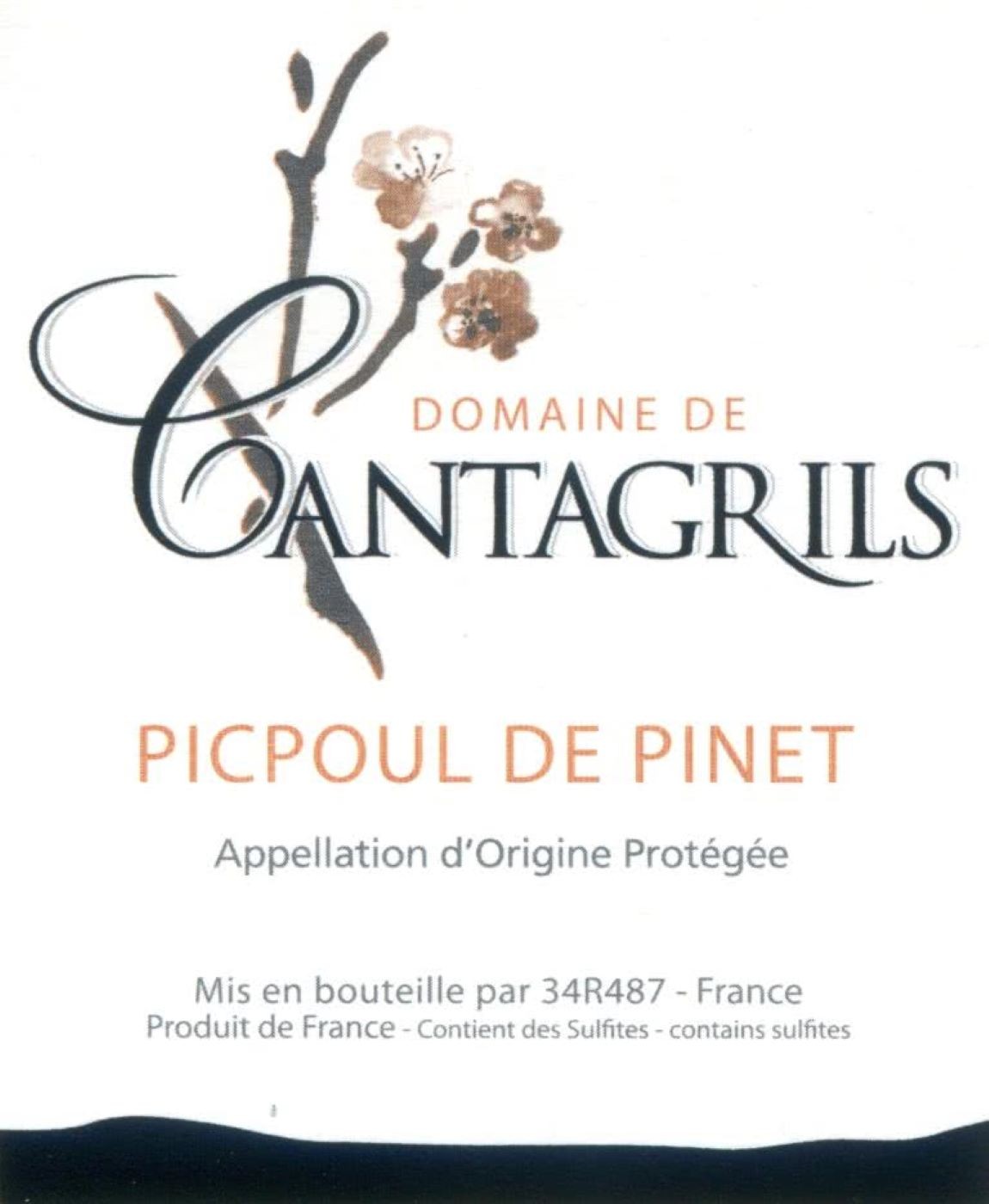Terroir of Picpoul de Pinet
Picpoul de Pinet enjoys a unique Mediterranean climate, heavily influenced by its proximity to the Étang de Thau and the Mediterranean Sea. The region experiences hot summers tempered by cooling sea breezes, ensuring vines maintain their natural acidity. Misty mornings further delay the onset of heat, providing an ideal environment for the late-ripening Picpoul Blanc grape.
The vineyards are divided by the A9 highway, with limestone and marl to the north and younger alluvial soils to the south. These soils, known for excellent drainage, encourage deep root systems, helping vines withstand summer droughts. The local winds, including the tramontane and the Marin, aid in keeping disease pressure low by reducing moisture on the vines. With mild winters and annual rainfall of around 600 mm, the region provides a perfect setting for crafting the crisp, citrusy wines Picpoul de Pinet is celebrated for.
Notable Wineries in Picpoul de Pinet
Picpoul de Pinet, nestled in the Languedoc region of southern France, boasts a selection of notable wineries that capture the essence of this vibrant wine area. Among them, Cave de L’Ormarine in Mèze stands out as a leading cooperative, renowned for its bright and crisp Picpoul wines. Domaine de Gaujal in Pinet is celebrated for its wines that offer mineral precision and a refreshing taste. Domaine de la Reine Juliette delivers an easygoing Picpoul with a clean, citrusy profile, while Château Font-Mars in Montagnac provides concentrated and refined options. Domaine de Petit Roubié emphasizes organic methods, producing lively and balanced wines.
These producers, with their distinct styles, highlight the citrus-saline character of Picpoul de Pinet, often showcased in the iconic Neptune-shaped bottle, making them perfect companions for seafood.
Sustainable Winemaking in Picpoul de Pinet
In Picpoul de Pinet, sustainability is at the heart of winemaking, with many vineyards adopting organic and low-intervention farming techniques. Growers often achieve certifications like AB (organic) and HVE (High Environmental Value), reflecting their commitment to eco-friendly practices. They utilize winter cover crops to enrich the soil, reduce herbicide use, and manage water resources carefully during the dry Mediterranean summers.
Integrated pest management, including pheromone disruption and natural treatments, helps minimize synthetic inputs. To boost biodiversity, hedgerows and garrigue buffers attract beneficial insects. Some vineyards embrace biodynamic principles or join sustainability groups like Terra Vitis. In the winery, the focus remains on preserving wine purity with gentle techniques and cautious sulfite use. Lightweight glass, recyclable packaging, and energy-efficient systems like solar power are becoming the norm, all contributing to the protection of Picpoul de Pinet’s delicate lagoon environment while ensuring high-quality wine production.
Wine Tourism in Picpoul de Pinet
Wine tourism in Picpoul de Pinet is a captivating experience, merging vineyard exploration with coastal charm near the Étang de Thau. Visitors can embark on boat excursions to witness oyster farming, complemented by wine tastings against stunning vineyard backdrops. The region offers hiking and biking trails through vineyards, ideal for e-bike adventures to various cellars.
Notable wineries like Cave de L’Ormarine and Château Font-Mars welcome visitors for tastings and tours. Festivals, such as “Jazz à Mèze,” highlight Picpoul wine’s local significance.
Gastronomy plays a pivotal role, with local seafood paired with Picpoul, especially in towns like Sète. Historic villages like Castelnau-de-Guers offer cultural insights alongside wine experiences. Picpoul de Pinet's tourism is a harmonious blend of nature, culture, and wine, offering a unique way to explore this sun-drenched, sea-kissed corner of the Languedoc.
